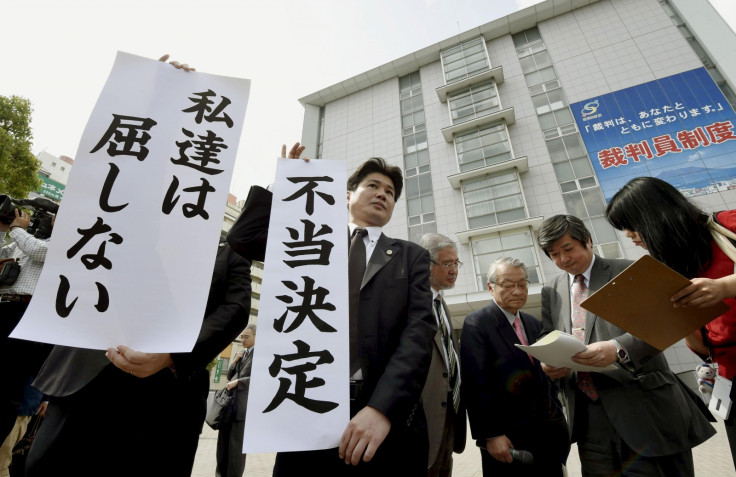Japan set to open first nuclear plant after Fukushima disaster as court rules in favour of Sendai power station

A Japanese court has allowed the reopening of a nuclear power plant in the southern part of the country in a major win for Prime Minister Shinzo Abe, who looks to restart nuclear reactors to address the country's rising energy needs, despite protests from activists.
Kyushu Electric Power's Sendai nuclear power station on the coast of Kagoshima prefecture would become the first to reopen in the country after the Fukushima disaster.
The Sendai reactors are "very close" to getting final regulatory approval to begin operations, an official from Japan's nuclear regulator told Reuters earlier in April.
Anti-nuclear activists filed a complaint against the plant at the Kagoshima District Court, accusing the company's safety measures as inadequate. However, the court turned down the claims, Reuters reported, citing plaintiffs.
The 2011 Great East Japan earthquake and tsunami led to the melt-down of the Fukushima nuclear facility. Following the disaster, Japan has shut down all of its nuclear plants, forcing the country to depend on imports for most of its energy needs.
The government led by Shinzo Abe wanted to restart nuclear plants, as it claimed that the nuclear reactors were crucial for the growth of the country's economy. The government has set up a new regulator to speed up the approvals for nuclear reactors.
However, environmental activists with the support of a large number of the general public protested against the decision and approached courts to block restarts of reactors.
Earlier in April, a court blocked Kansai Electric Power from restarting its nuclear reactors at the Takahama facility taking into account complaints from local residents.
© Copyright IBTimes 2025. All rights reserved.






















